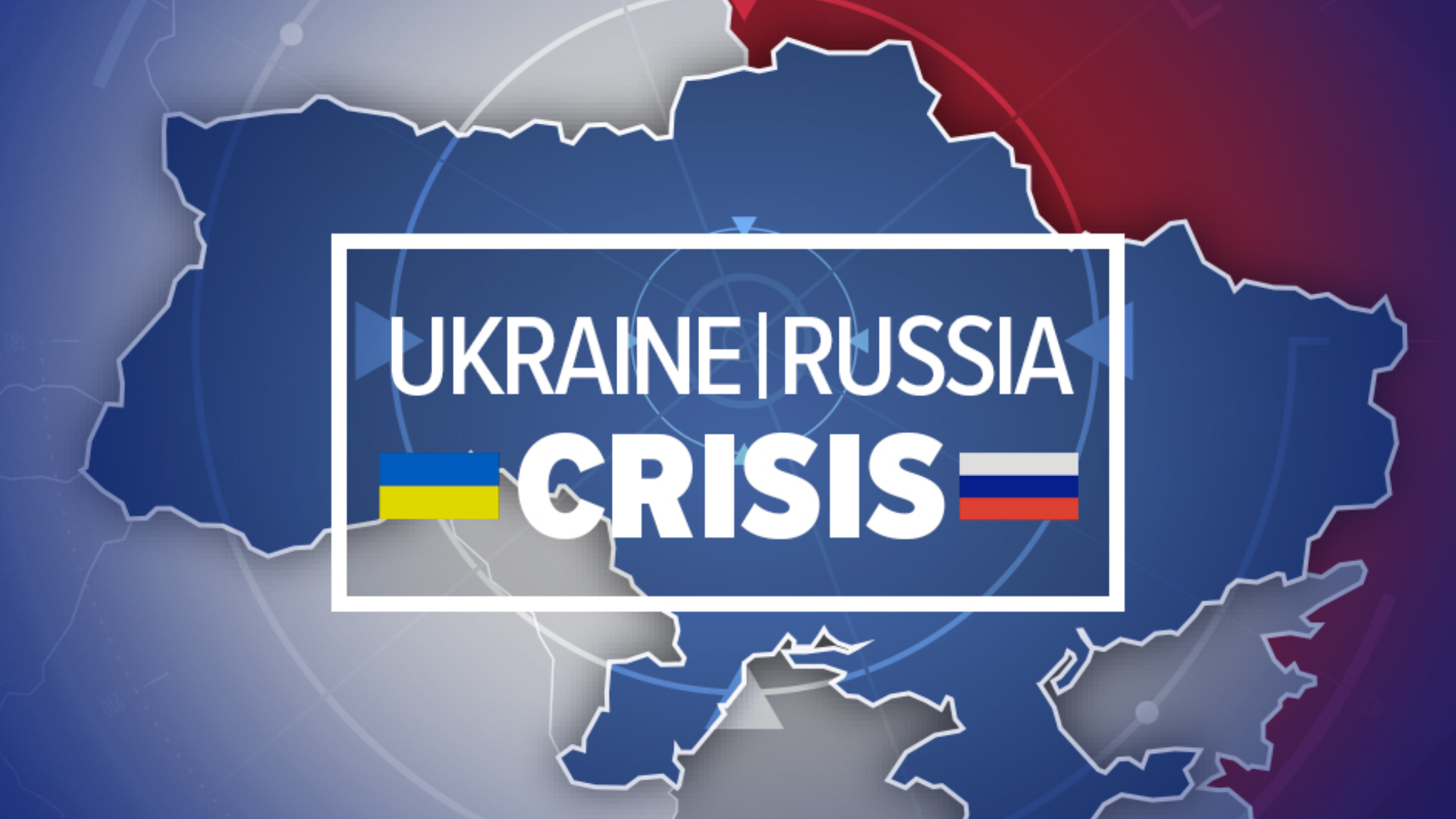SCRANTON, Pa. — Konstantin Lyavdansky has been a Russian language professor at the University of Scranton since 1993 and is in charge of the semester-abroad program for students to study in Russia. It was put on hold during the COVID-19 pandemic, and there were hopes of it returning this year. But with the attacks on Ukraine from the Russian government, spending a semester in Russia is on hold.
"I don't see any parents allowing their students to go to a country who is at war. I don't want to take students to a country that's at war," Lyavdansky said.
Lyavdansky was born and raised in Leningrad when it was part of the Soviet Union. That area is now known as St. Petersburg, Russia. He moved to the United States in 1992, just after the Soviet Union dissolved.
Lyavdansky has been following the attacks on Ukraine and says what's happening now is very similar.
"People in the Soviet Union didn't have any information what was happening outside. They were only fed by the government media what the government wanted them to know."
Lyavdansky says some of his family still lives in St. Petersburg and says what people there are seeing on TV is not the truth. Some Russians staging protests in Russia are getting information from the internet and other sources nationally and internationally.
"They started talking about blocking foreign sources of information on the internet, creating something that is very similar to Chinese firewalls that allows the government to filter information and allow information that follows the government's narrative."
Lyavdansky says many Russians are against the attacks and hopes it doesn't escalate.
Check out WNEP’s YouTube page.

